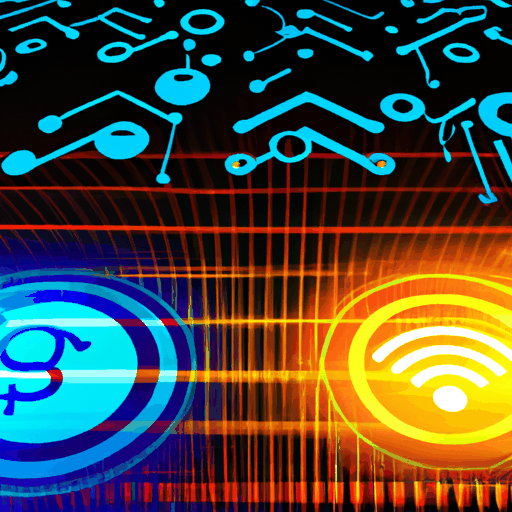
Global IT Outage Underscores Need for Decentralized Tech Solutions
By: Isha Das
A recent widespread technical issue with CrowdStrike's centralized software has driven discussions around the importance of decentralized technological systems. On July 19, 2024, a fault in CrowdStrike's Falcon Sensor software led to a global outage, causing Windows computers to display the dreaded Blue Screen of Death (BSoD) and disrupting numerous sectors including airlines, railways, and media services.
CrowdStrike's CEO, George Kurtz, acknowledged the incident, explaining that the issue had been identified, isolated, and fixed. However, this outage highlighted the inherent vulnerabilities within centralized systems. From airlines like American Airlines, Delta Airlines, and United Airlines, to emergency services like 911 in Alaska, the ripple effects were widespread and impactful. Various platforms such as Amazon Web Services, Instagram, eBay, and ADT also faced significant disruptions.
Stablecoin issuer Tether's CEO, Paolo Ardoino, was quick to emphasize the need for more investment in decentralized, peer-to-peer technologies. He stated that today's internet is largely centralized around the services of a few major companies, making entire nations and communities susceptible to significant disruptions. Ardoino suggested that technologies like Tether and Holepunch are being developed to provide resilience against such wide-scale failures.
Gabor Gurbacs, founder of PointsVille, echoed this sentiment, noting that the future of infrastructure is moving towards decentralized and non-custodial systems to ensure reliability and security. Platforms like Arweave's permanent storage network and IPFS's distributed file system could have minimized the impact of CrowdStrike's software malfunction by distributing data and operations across multiple nodes.
Decentralized systems offer robust fault tolerance by eliminating single points of failure, ensuring continued operation even if some nodes fail. They also provide enhanced security and data integrity, making it difficult for attackers to compromise the system. For instance, Arweave's newly launched AO computer offers a decentralized alternative to centralized security solutions, leveraging a network of decentralized nodes for data storage and processing, thus maintaining service continuity and safeguarding critical systems against widespread disruptions.
The recent global outage serves as a stark reminder of the vulnerabilities in centralized infrastructures and underscores the urgent need for investing in decentralized technologies that can provide more resilient and secure solutions for critical systems and services.



